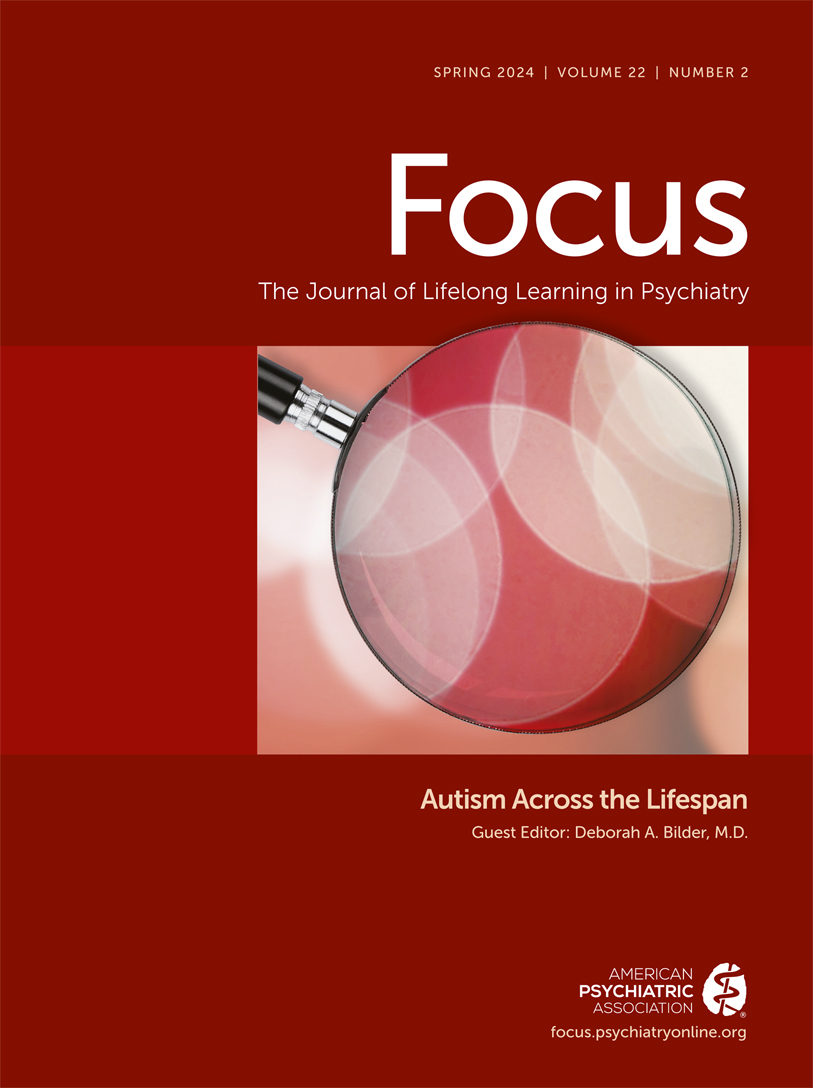Systematic Review: Autism Spectrum Disorder and the Gut Microbiota
Abstract
Objective:
Autism spectrum disorders (ASD) are a varying group of disorders characterized by deficiency in social interaction and restrictive patterns of behavior and interests. While there are several studies focusing on the neuro-psychiatric pathogenesis of ASD, its etiology remains unclear. The role of gut-brain-axis in ASD has been studied increasingly and a correlation between symptoms and the composition of gut microbiota has been documented in various works. Despite this, the significance of individual microbes and their function is still widely unknown. This work aims to elucidate the current knowledge of the interrelations between ASD and the gut microbiota in children based on scientific evidence.
Methods:
This is a systematic review done by a literature search focusing on the main findings concerning the gut microbiota composition, interventions targeting the gut microbiota, and possible mechanisms explaining the results in children aged between 2 and 18 years of age.
Results:
Most studies in this review found significant differences between microbial communities, while there was notable variation in results regarding diversity indices or taxonomic level abundance. The most consistent results regarding taxa differences in ASD children’s gut microbiota were higher levels of Proteobacteria, Actinobacteria and Sutterella compared to controls.
Conclusion:
These results show that the gut microbiota of children with ASD is altered compared to one of neurotypically developed children. More research is needed to discover whether some of these features could be used as potential biomarkers for ASD and how the gut microbiota could be targeted in therapeutical interventions.
Appeared originally in Acta Psychiatr Scand 2023;148:242–254



